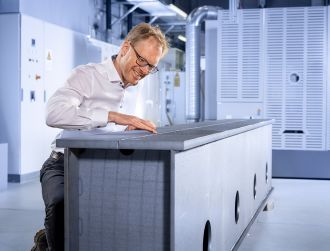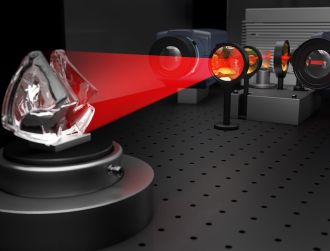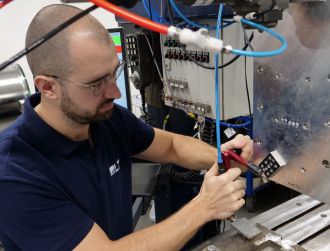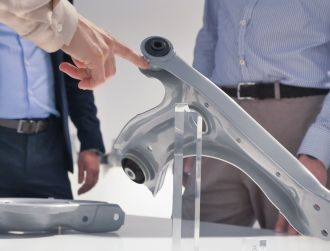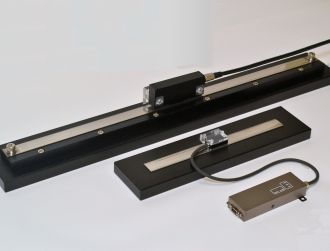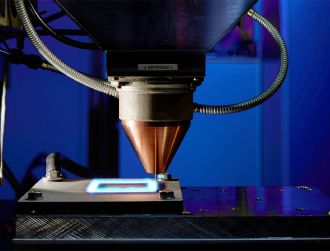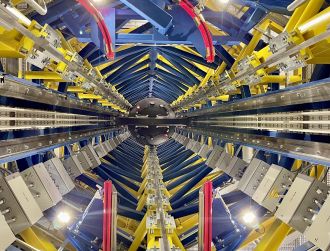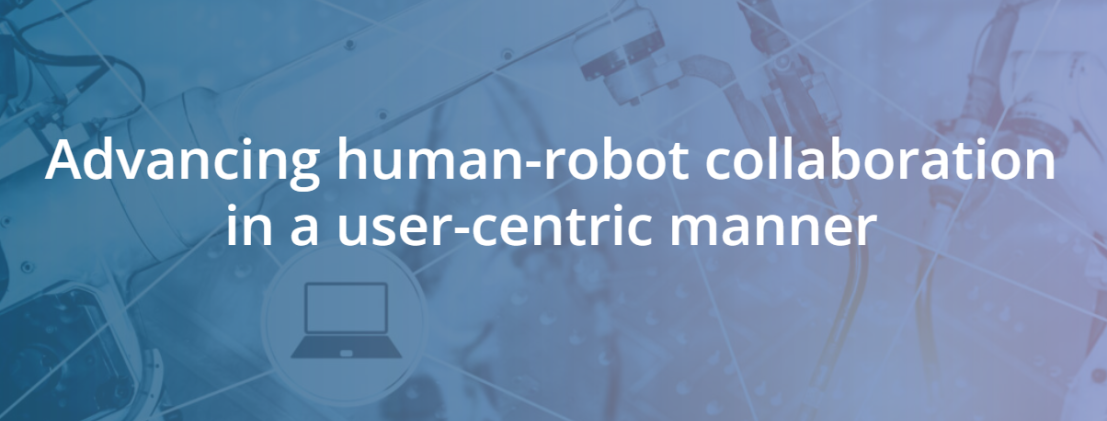
Ambitious Mission to Propel Human-Robot Collaboration to New Heights
JARVIS, a 4-year project funded by the Horizon Europe Programme, dedicated to advancing human-robot collaboration with a focus on user-centric principles, proudly announces its official launch. Under the coordination of LMS in Greece, a consortium of 16 organisations from diverse corners of Europe collaborates to establish JARVIS as a benchmark in collective expertise, bridging cutting-edge research and industrial applications.
In response to the escalating demand for flexible production, capitalising on the capabilities of both machinery and the human workforce becomes imperative for bolstering the competitiveness of the EU industry. The growing market of robots has adeptly responded to this need, providing collaborative solutions with varying characteristics in terms of payload, type and mobility. Technological advancements in perception and safety have paved the way for the coexistence of robots with humans.
JARVIS’ mission is to develop a reusable set of tools, facilitating AI-driven multimodal means of interaction. Key objectives involve:
- Interfaces for Physical and Remote Information Exchange, Robot Control, and Programming
- Providing social skills to robotic platforms
- Demonstrating scalability of application and achieving economies at scale
JARVIS sets clear objectives for the project, including the development of AI-enhanced means of interaction for seamless human-robot communication, control, and programming; creation of socially interactive robots; ensuring security, privacy, and safety for trustworthy AI; advancing cognitive and intelligent mechatronics for advanced Human-Robot Interaction (HRI), dynamic scene modelling, and understanding; deploying HRI applications in large-scale pilots; and providing support for companies, especially SMEs and start-ups, to adopt industrial HRI solutions.
Expected Impact
The consortium of JARVIS acknowledges technological barriers as well as the required enablers for improving the HRI functionalities in diverse industrial cases. With a focus on testing flexibility, scalability, and user acceptance, JARVIS technologies are poised to make a significant impact in four use cases, showcasing cross-sector applicability and redefining production lines. Funded by the European Union under GA No. 101135708. Views and opinions expressed are, however, those of the author(s) only and do not necessarily reflect those of the European Union or the European Commission. Neither the European Union nor the European Commission can be held responsible for them.
- Pillar 1 - Agile Manufacturing:
o Aeronautics production (COLLINS-BE)
o Automotive production (TOFAS)
- Pillar 2 - Inspection and Maintenance (I&M):
o Energy – Nuclear plants decommissioning (EDF)
o Energy – offshore energy production (EQUINOR)
JARVIS aspires to make a major impact in Scientific, Economic, and Societal Fields, signalling a paradigm shift in human-robot collaboration, not just as a technological advancement but as an immersive and user-centric experience.
To achieve this, JARVIS seeks to create an impact through the involvement of SMEs in 2 Open Calls. A total of 21 applicants will be accepted with the main objective to design, develop and implement new solutions and pilots adopting the JARVIS’ technical outputs, provide insights and demonstrate its impacts. The first Open Call is set to launch in the first half of 2025.


